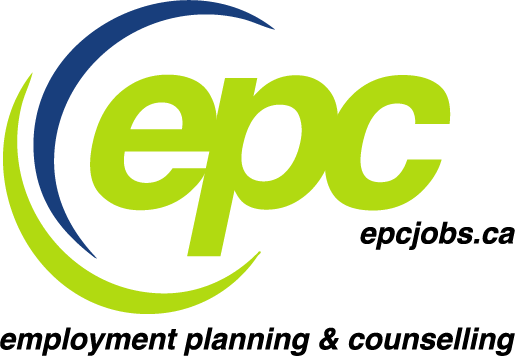When looking for work, we know that only 10-20% of the jobs are advertised, leaving a substantial amount of potential positions in the hidden market. When considering how to best access those opportunities, employing cold calls and networking strategies can be very effective.
In choosing the best method to access the hidden job market, we have outlined some of the benefits and limitations of both approaches for your future consideration.
Cold calls involve the direct application to a business, regardless of the existence of current job postings. Face to face cold calls allow you to highlight your personality, manners, and passion. It gives you an opportunity to meet with an employee and hand off your resume. While the manager may not always be available for you to speak with directly, you can still get their contact information and follow up the next week. This gives you the chance to highlight relevant items on your resume. If the manager states they do not plan on hiring in the near future, you have the opportunity to ask if they know of anyone else who is hiring in their industry. Tapping into existing networks is incredibly valuable and employers don’t like to tell you they can’t provide work any more than you like to hear it.
Small to medium-size employers are more likely to take a paper copy resume in person. Using the cold call method does require to be prepared and able to think on the spot. Proper hygiene, suitable attire, knowledge of the company, and an organized package of job search tools (resume, references, portfolio, and job search log) help to portray you as a potential organized, resourceful and confident employee. While there, you may be asked to do a brief on-the-spot interview so the more prepared you are with knowledge about their business and the job roles, the stronger your interview responses will be.
Face to face cold calls have been impacted by the COVID-19 pandemic. You may find it more challenging to hand a resume in person at this time. Many businesses are only open to the public by appointment and with prescreening measures in place. Regardless, it is always ideal to contact the business before you consider ‘dropping by’ to inquire about their preferred method of application and to determine when is the best time to contact the hiring manager.
Larger employers and corporations will direct you to their website to apply, where you will be screened through online human resource software based on the keywords associated with each job title. The ability to highlight your qualifications, using industry-specific terminology and key skills from the posting, is essential for online applications.
As an alternative way to tap into the hidden job market, informational interviews provide an additional way to meet with potential employers. It gives you the opportunity to speak directly with an employee, find out more about their company, hiring procedures, entry level positions, job requirements and expansion plans. Identifying specific companies and developing sample questions in advance; allows you to learn more about your target industry, what future training may be necessary and which of your core skills need to be developed or highlighted. Conducting an informational interview requires you to research, plan, organize your skills and tap into your confidence. It is a good idea to request a business card from your contact, allowing you to send a follow up thank you note after your meeting and join with them on LinkedIn to remain connected.
Whether you are wanting to submit a resume for future job prospects or expand your professional network, understanding the value of utilizing the hidden job market is crucial in your career development.
For more tips on conducting cold calls or informational interviews, sign up for our free webinar at https://www.epcjobs.ca/fbworkshops

